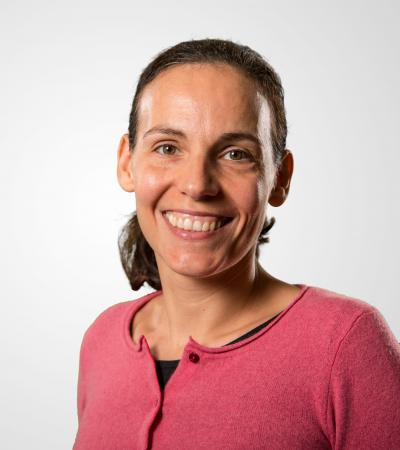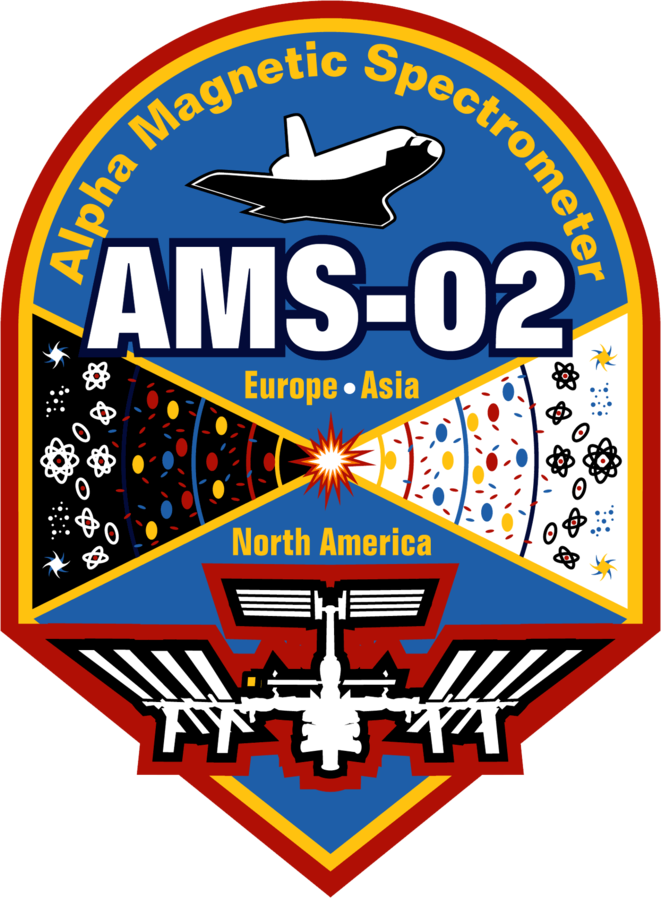
Mercedes Paniccia
Mercedes Paniccia is Senior Research Associate at University of Geneva in the Space Astroparticle group of the Particle and Nuclear Physics Departement (DPNC) and she currently leads the Geneva AMS-02 group.
After obtaining a Master’s degree in Particle Physics from the University of Rome “La Sapienza” in Italy with a thesis on the search for the Higgs boson with the ATLAS experiment at the Large Hadron Collider in 2003, she turned to Astroparticle Physics in Space joining the AMS-02 team of the University of Geneva as a PhD Student.
She contributed to the construction and assembly of the Silicon Tracker, being in charge of the silicon modules production line at University of Geneva and taking care of the detector quality and performance tests.
She obtained her PhD in Physics in 2008 with a study of solar activity effects on cosmic-ray fluxes detected in near-Earth space by the prototype AMS-01 detector, which was flown on the Space Shuttle Discovery for 10 days in June 1998.
After a short detour to neutrino physics working at the INFN National Laboratory in Frascati (LNF) in Italy on the detection of neutrino oscillations at the OPERA experiment installed in the Gran Sasso Undeground Laboratories (LNGS) in Italy, in 2010 she came back to the AMS Geneva group for the reconfiguration of the AMS-02 detector for long-term operation is space.
Soon after she joined the AMS group of the LAPP (Laboratoire d’Annecy de Physique des Particules) in France, where she worked on the energy calibration of the electromagnetic calorimeter (ECAL). She participated to AMS-02 pre-flight functional tests and in-flight communication tests at the NASA Kennedy Space Center in Cape Canaveral, Florida, and Johnson Space Center in Houston, Texas.
After the installation of the AMS-02 detector on the International Space Station in May 2011, she worked on the commissioning of the ECAL detector for which she served as data-quality and on-call expert. She contributed to the AMS-02 operations as shift leader at the AMS Payload Operation and Control Center at CERN in Geneva and helped to set-up the ECAL console at the AMS POCC at CSIST Taiwan.
While at LAPP she contributed to electron data analysis and implemented software tools for the electromagnetic calorimeter data reconstruction. In 2012 she finally came back to the AMS Geneva group where she turned to nuclei data analysis. Since 2017 she is leading the group, which is currently focusing on the measurement of the beryllium isotopic composition and of the fluxes of heavy nuclei, namely Mg, Al and Si.
She is also actively engaged in university teaching and outreach activities.
